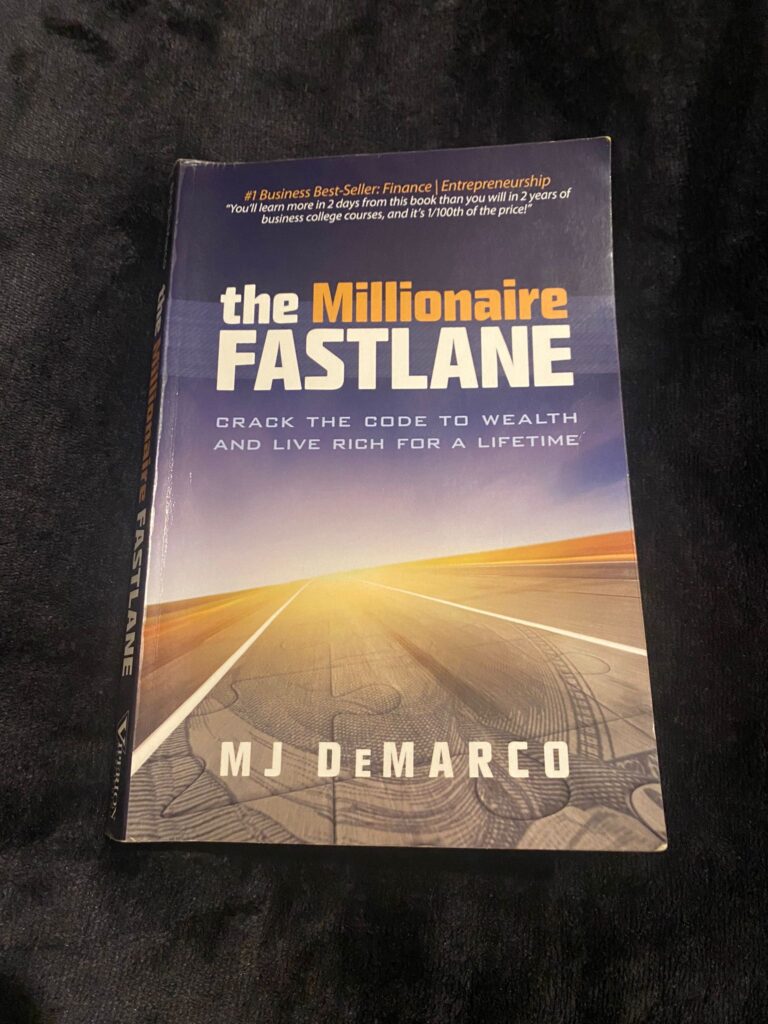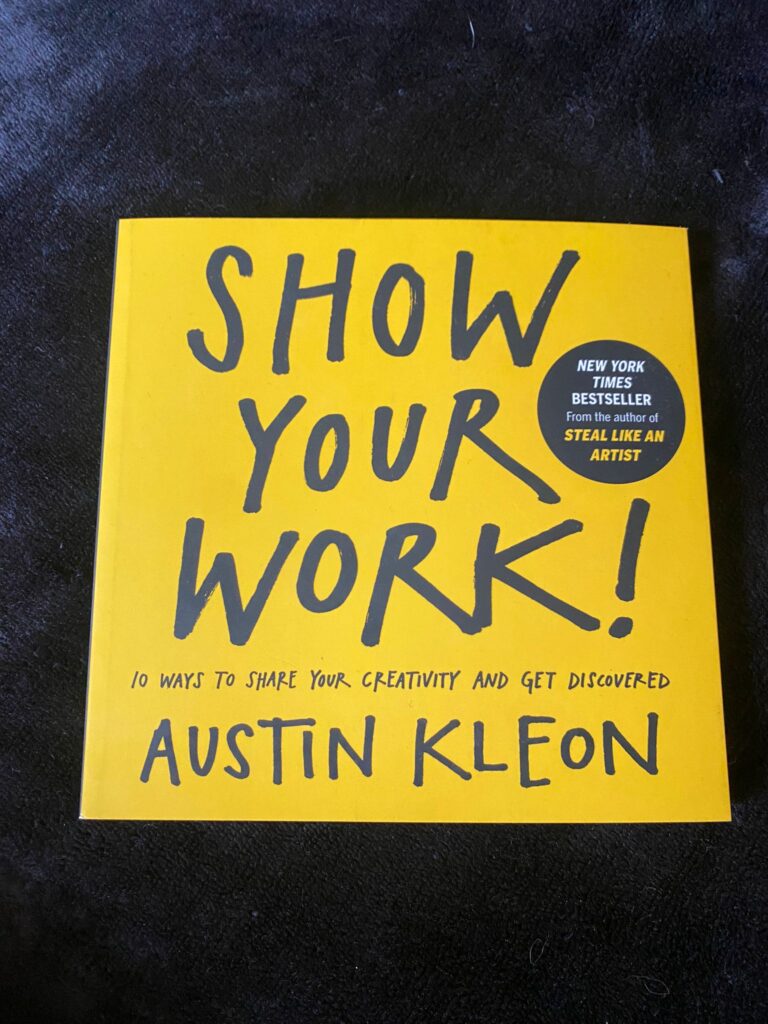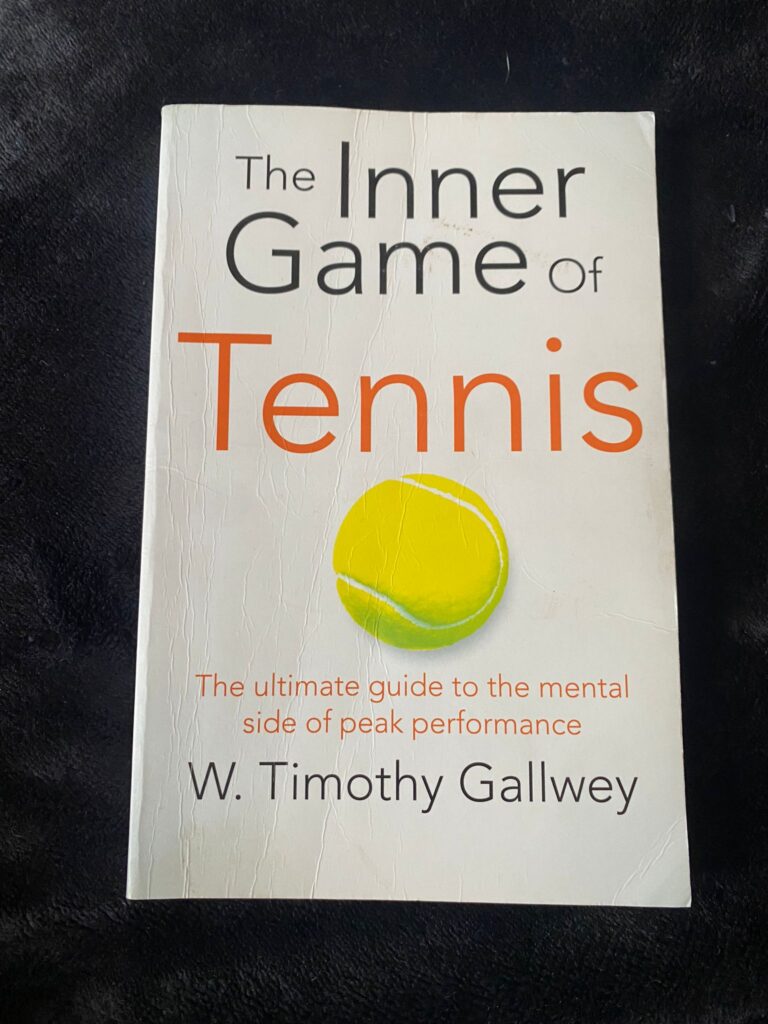3 Books That Changed My Life
By Newt / July 31, 2024 / No Comments / Productivity
Reading Is Such An Important Hobby
Reading provides so many valuable lessons, perspectives, and insights. Someone is giving you a tiny slice of their knowledge to add to your collection. In this post, I will discuss the 3 books that changed my life, without a doubt. If you want to know how to read self-improvement books correctly check out my other post where I go into more detail about this.
Everyone goes from reading a lot in school as a child. Then all of a sudden, secondary school comes along and it’s no longer as interesting. There are so many other cool things to do and the urge to read gets left at the bottom of the pile, forgotten. This is exactly what happened to me.
In the early years of my life, I read all kinds of books and took frequent trips to the library. The library truly is a magical place as a child. I remember going to the local library as a kid with my nan every week, excited and eager to go each and every time. I have so many memories of going there as a child. I’d get to pick a book or two to take home. Sometimes we would stay there for hours, she would read to me and I’d just sit there listening happily the whole time.
Losing your passion for reading
However, as I got older and into my teenage years, I lost the urge to read. I was too focused on all the other aspects of my life. Completely forgetting about that part of me that loved reading so much.
Reading books can change your life
Thankfully, years later, I returned to reading and when I say it felt good, it felt GOOD. I am so grateful that I picked up that book which reignited my passion for reading again.
All that reading I have done in the years since then has shaped me as a person and most definitely changed my life and perspectives on so many topics. Some of these books have done so much for me, that I thought it is only fair that I share a few…

The First Book That Changed My Life
As I write this, I am halfway through my second read of The Millionaire Fastlane, having read it not long ago. This is one of the books that changed my life in perhaps the biggest way.
When I first read this book, I was unemployed, having left my job at the time. It was a well-paying job in software, fun and challenging, but it always felt like something was missing, like there was more to life. I was in a weird place, where I didn’t really know what I wanted to do with my life. But, as I read this book, it helped me see things from a different perspective and I hope it will do the same for you.
Change Your Perspective and Change Your Life.
That’s the aura this book instills while you read. It starts slow, with some backstory about the author and his struggles in early life. Then it quickly picks up, highlighting the types of roadmaps to wealth people are on. Whether they know it or not. Each and every one of us fit into one of these roadmaps and he labels them:
- The Sidewalk, The Slowlane & The Fastlane
You already know which lane you want to be in, of course, it’s The Fastlane. He explains the perspectives and views of the people following each roadmap. The more you read, the more you understand the intentions behind the author of the book. He purposefully markets the book as a get-rich-quick guide. But it isn’t about getting rich quick at all. It’s about a mindset that you should live by.
It’s About Understanding What’s Important to You in Life.
He emphasizes the ripple effect of actions you take now, knowing that current steps will have direct consequences for your future. If you start making small steps in the right direction now, you will see the impact in the years to come.
He then continues, highlighting how you are the vehicle to your success and that you should aim carefully where you want to go. His example, he used, was through hitting a golf ball. Hitting a ball from different angles is only a slight change at the moment of impact. But once it has landed in its final destination, you truly realize how big of a change those few inches make. This applies to the decisions you make in life just as strongly.
He has 3 points which true wealth is built upon which have stuck with me till this day. You need all three to be truly wealthy. Without one of these, the other two are meaningless.
- Freedom, Family, and Fitness.
I think this book will provide you with some key insights into life. It makes you question why you perceive things the way you do, and that’s important. It presents you with the real meaning of wealth and what it takes to become truly wealthy. If you want a roadmap to wealth that makes sense and is easy to follow, I highly suggest you check out this book as it can benefit you on your journey to wealth.

Ali Abdaal Has Been An Incredible Mentor
I stumbled upon this gem of a book while watching an Ali Abdaal video on YouTube. He consistently puts out a wealth of knowledge on his Blog and YouTube channel (He even has a free newsletter) and I highly recommend you check him out if you haven’t already. Truly, I can’t thank him enough for his guidance through his videos, and posts, and for showing me this book that changed my life for the better.
Before reading Show Your Work, I had so much experience and knowledge that I wanted to share, but I was trapped behind these invisible walls that wouldn’t let me show the world my work.
I’m not saying this book alone was the cause of me breaking down these walls, but it strengthened me and supported me throughout my journey. I am slowly becoming more confident in myself and allowing my work to be visible.
Everyone has their own journey and I’m nowhere near the finish line. After all, I am writing behind an alias (a nickname given to me by my sister) and not my own name. But one day, I hope to release content under my own name.
Getting Back on Topic
Austin Kleon writes these short books filled with concise and important advice. He knows how to write to people in a way that makes the world seem a little less scary. Exposing yourself and your work to the world is hard even when you’re only doing it to a small group of people, let alone billions of people on the internet.
Austin Has a Way With Words
Austin clearly breaks down all the reasons why you should show your work. This book was part of the reason I started this blog. It highlights so many important points. Naming a few…
- You don’t have to be a genius to teach or talk about something, sometimes being a beginner is even better.
As a beginner, you have the experience of one and therefore run into all the common problems that an expert has long forgotten. You are more relatable and know where the best places to start are.
- Share Something Small every day.
If you consistently put out your work day after day, just a small something. In just one year, you have a lot of stuff. Some of that stuff is bound to be good. It doesn’t need to be anything crazy. Taking that step to put out that small bit of work is all it takes to get the ball rolling.
- Teach What You Know
We all have our areas of expertise. Where we’re confident in our knowledge of the topic. Use that topic. Start from there. Or if there’s just something you’re working on, your journey or process will be useful to someone, no matter what level you’re at.
If you are someone who creates your own content or would be interested in getting into it, this book will be a great start to your journey.

This Book Changed My Understanding of Competitive Hobbies
I remember this being one of the first self-improvement books that I read. It has been recommended lots online and is regarded as one of Bill Gates’s all-time favorite books. I thought this book genre would not provide me with any value. I was wrong. This book started my journey, reading a whole load more self-improvement books.
These days, when I read this type of book, I try not to get obsessed and I pace myself. In doing so, I have time to digest and process the knowledge I’m taking in. Otherwise, I end up devouring a whole book in a single day. I proceeded to forget a lot of it over the next few days. I say this in hindsight, as of course, I read it all in one day back then. But I have since revisited it many times.
It’s Not Just About Tennis
While this book is about tennis, at a deeper level, it means so much more. I find it applies to all sports or activities of a competitive nature. So, if you’re someone who doesn’t play sports much, but has another competitive hobby such as gaming, then I think it’s worth a read.
As someone who plays a wide variety of sports often and games competitively, I can remember reading it and being overwhelmed by how the book resonated with me.
You Are Your Own Worst Enemy
The book starts by describing the concepts of Self 1 and Self 2, like the conscious and unconscious minds. Self 1 is the conscious mind giving an order to the body to complete an action, while Self 2 is the body completing the action in response. One is the teller and the other is the doer, Timothy states.
Most players are constantly talking to themselves on the court. Saying things like “Come on John, how did you miss that” or “Why aren’t you hitting it how you normally do”. There are endless commands thrown at Self 2, with Self 2 just expected to get on with it and perform.
The Inner Game of Tennis breaks down this barrier and hopes to build trust in Self 2. It teaches you how to get out of your own way and not inhibit progress, by quieting the self, and trying to remove judgment.
There Are Some Pitfalls, But That Doesn’t Take Away From Its Value
While there are some pitfalls in this book, which I will highlight, I still think it is a valuable read and makes a lot of useful points. My main issue is that some content is heavily tennis-based and not useful outside of that, but this can simply be skipped. Additionally, Timothy contradicts himself by stating that all emotions should be removed, both positive and negative, early in the book. I disagree with this, as I think emotion has an important place in sports. However, he later goes back on this, acknowledging emotion in sport and the meaning of competition.
In summary, I think this book was a great read and can provide you with some useful techniques to handle inner struggles of a competitive nature. It displays how you can improve and grow when competing. This will present you with a different perspective on the mental aspect of a competitive environment, the inhibitors of potential growth, and how to avoid them.
